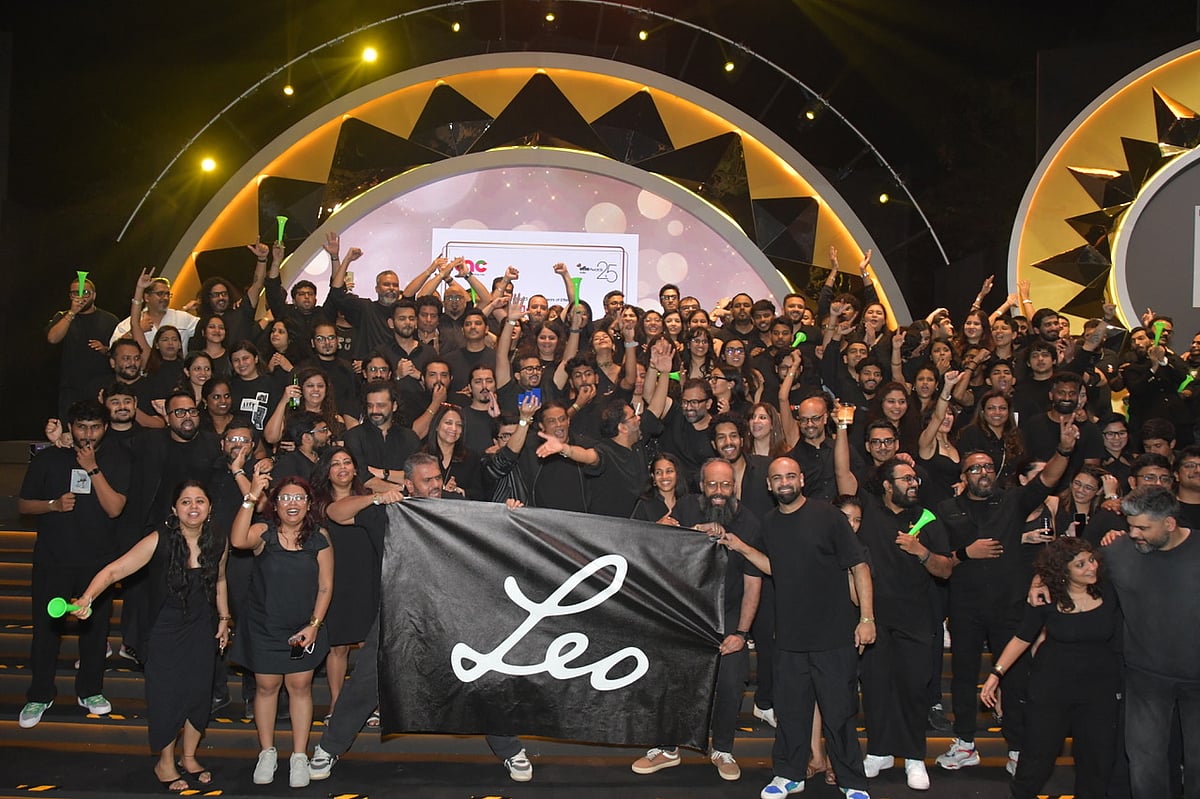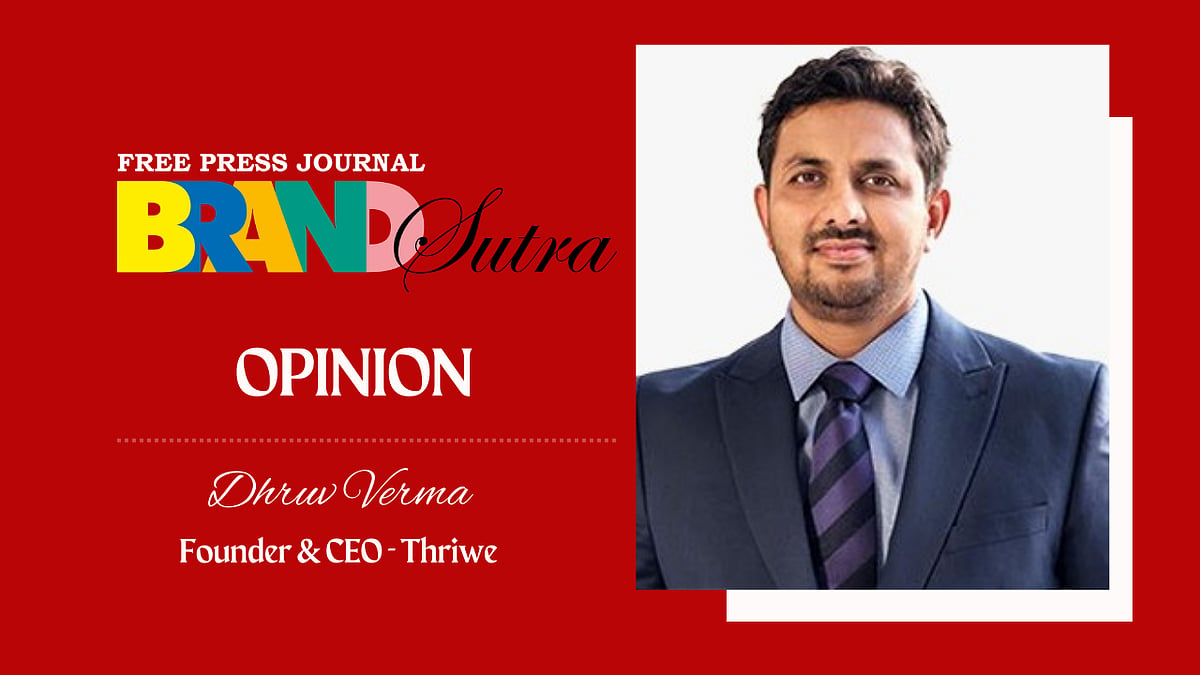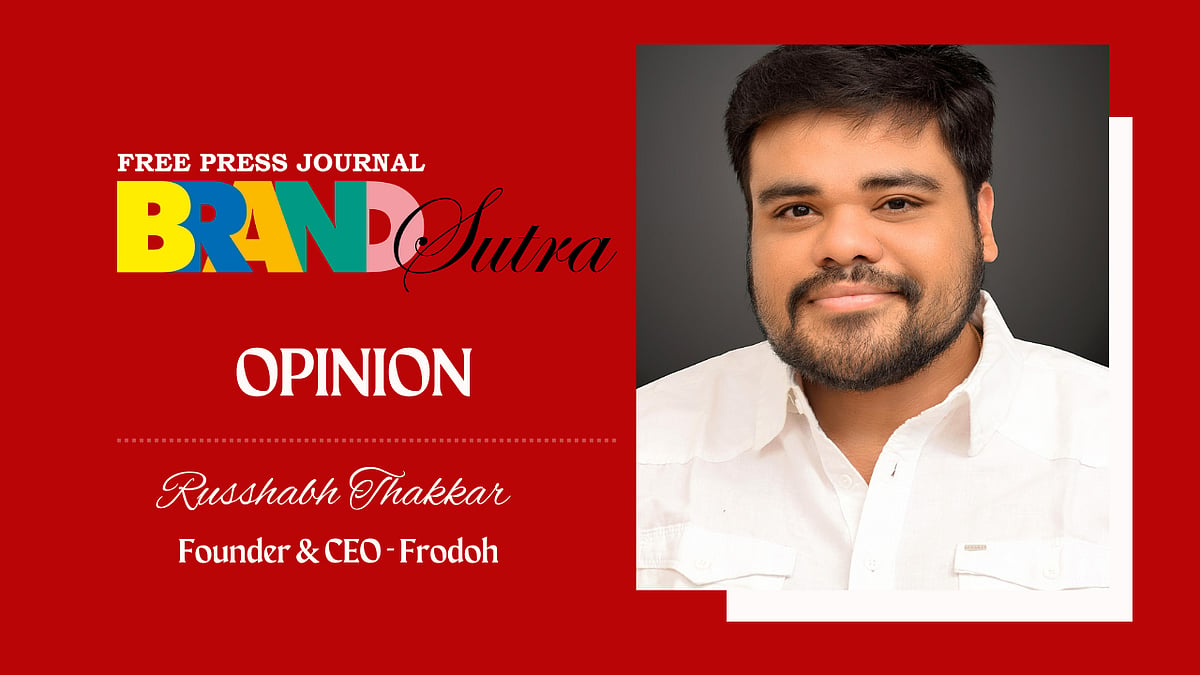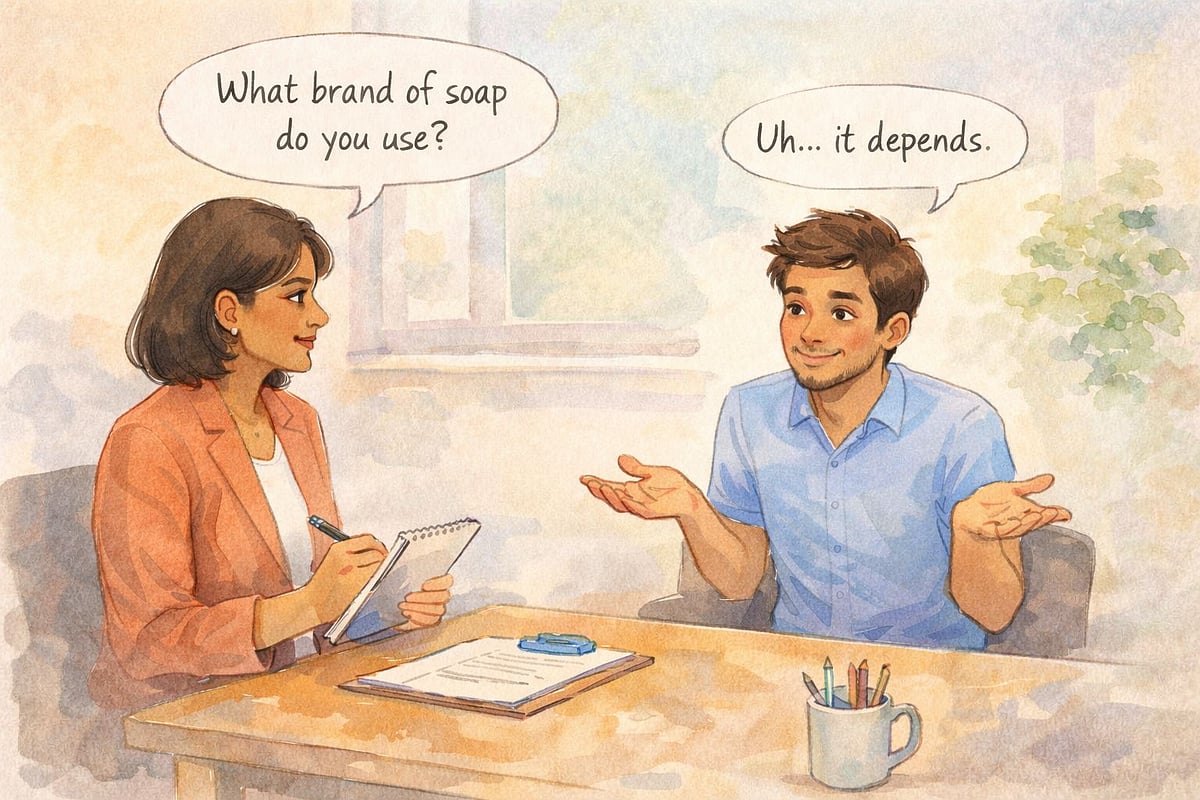The brand head of a reputed organisation and I were having a casual chat about avenues in digital marketing when the subject of marketing on WhatsApp came up. She was quite excited about the potential it holds.
The prospect of razor-sharp targeting for her brand amongst the nearly 500 million user base of WhatsApp was tantalisingly appealing. She talked about the supposedly path-breaking work that she was embarking upon (which I suspect she did, to extract some appreciation) when I sulkily remarked, ‘The last bastion too has been stormed’. She was dismayed.
We marketers raid and bombard the SMS inbox to the point where except for occasional OTP messages (which I wait for, when I do a transaction), the SMS inbox is full of junk messages. Despite all the good intent, the Telecom Regulatory Authority of India (TRAI) has not been able to stop this menace. We, as customers, have now given up on SMS.
WHATSAPP’S P2P PLAN
A quick look at WhatsApp and its origins suggest that the founders Jan Kuom and Brian Acton had intended to keep the service pristine and strictly person-to-person (P2P). They were hard-nosed privacy advocates and wanted WhatsApp to be ad-free.
However, when Facebook (now Meta) acquired WhatsApp for a staggering $19 billion (it eventually turned out to be more like $21 billion), things started getting out of hand. So, while sealing the deal, on one hand the promoters must have been dreaming of the fortune that they would be making, and on the other hand they wanted to fiercely guard their baby from getting grossly commercial.
How they hoped to achieve this balance with a titan like Facebook, whose fortunes have been built around pushing (and often crossing) the boundaries of privacy by monetization through advertisements, is truly implausible. Predictably, it didn’t take too long for differences to come to the fore.
Brian Acton quit WhatsApp in 2017 after a not-so-pleasant public spat with Facebook’s Mark Zuckerberg and Sheryl Sandberg over WhatsApp’s monetisation plans. Such was the intensity of his disagreement that he left behind over $850 million of unvested stocks to defend his stance and show that he cared for privacy.
In fact, he went on to actively promote the #deletefacebook movement. Soon after, Job Kuom also quit, citing ‘disagreements with Facebook management about WhatsApp user data privacy and weakened encryption’.
ENTER MONEY FACTOR
Zuckerberg is no saint when it comes to safeguarding privacy concerns of its users and he was growing increasingly piqued about monetising his prized purchase, WhatsApp. Alternative monetisation models like subscription or a freemium model were deemed non-scalable and hence untenable.
Free for the user and funded by advertisers is a model that folks at Facebook had mastered. And now, with both Acton and Kuom gone, it was a free run. They had already started developing tools for businesses and were now on an overdrive.
The final nail in the coffin came in January, 2021 in the form of WhatsApp’s new ‘Terms & Conditions update’. According to it, WhatsApp users did not have the option of not sharing their data with Facebook. That was a big deal.
Earlier, at least you could have chosen to opt out of sharing WhatsApp account information with Facebook.
Now, that option is gone. Before the mega acquisition, Kuom and Acton and even European Union were assured that WhatsApp and Facebook data wouldn’t intermingle. Alas! WhatsApp in the hands of Meta has come a long way. Some changes were nice and welcome, some were cosmetic and ornamental, whereas some were outright evil.
IS PRIVACY A THING?
WhatsApp for business is a very useful tool for small businesses and to be fair, it is doing a lot through its algorithms to ensure that bulk unsolicited messages won’t go through. It is designed to safeguard the rule that only messages from marketers and brands that have expressly been permitted by the user reach her.
But then, some malevolent marketers will find ingenious but dubious ways of seeking those permissions by burying the clause in reams of T&Cs. Isn’t this how it all started with SMS?
As long as money keeps rolling in, WhatsApp will at best wink and look the other way. What’s privacy, after all - WhatsApp marketing is lucrative; it contributed $86 billion in revenue in 2021 to Meta.
So, for brand managers, self-restraint is the way to go and we as consumers are protected as long as we don’t part with our mobile numbers at the drop of a hat.
Back to the conversation with my friend. She might still do her WhatsApp campaign - reaching the half a billion WhatsApp user base in India can be too much of a temptation to really give it a pass. But, if we don’t hear from the brand on WhatsApp, I would know she has listened. Which brand? I’m not telling, we’re still friends!
(The author is a senior professional in the corporate sector and writes on varied topics that catch his fancy. The views expressed here are his own. Feedback: @sandeepbangia)









